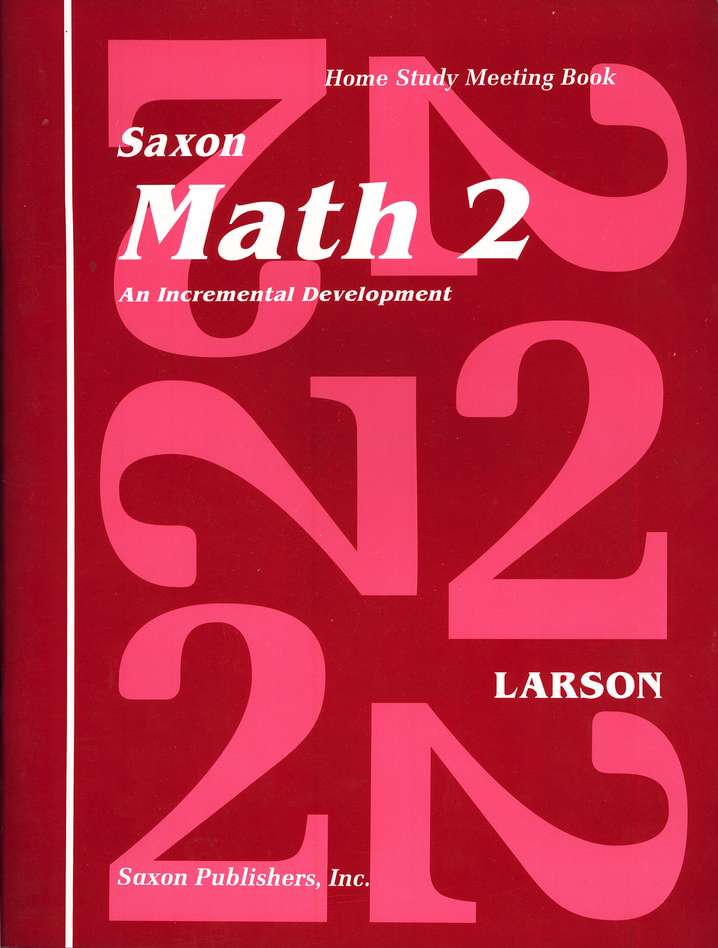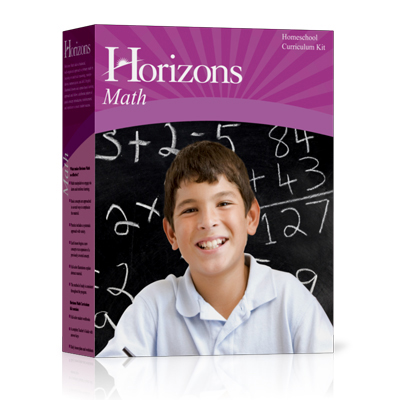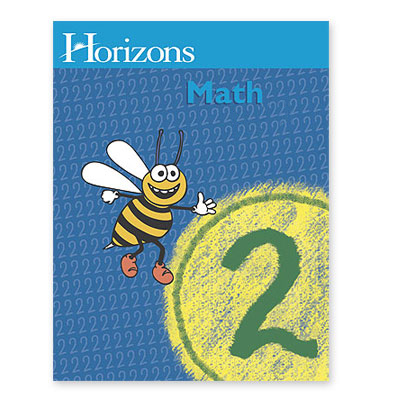Description
The Saxon Math 1 Meeting Book serves as the cornerstone for establishing consistent mathematical routines in your first-grade homeschool experience. This consumable workbook transforms daily math instruction into an engaging, interactive experience that builds essential calendar skills, number sense, and problem-solving abilities through Saxon’s proven incremental approach.
What Makes This Meeting Book Essential for Homeschooling Success
Daily Structure That Works for Busy Families
Each day begins with a focused “math meeting” using this specialized book, creating a predictable routine that young learners crave. The meeting book provides structure for families who need consistent, ready-to-use activities without extensive preparation time. This systematic approach helps maintain momentum in your homeschool day while ensuring mathematical concepts are reinforced daily.
Comprehensive Skill Development Through Real-World Application
The meeting book goes far beyond simple calendar work. Students practice telling time and reading temperature, count money using real-world scenarios, and develop problem-solving strategies through age-appropriate challenges. These practical life skills connect mathematics to everyday experiences, making learning meaningful and memorable for young minds.
Visual Learning and Pattern Recognition
Monthly calendar pages feature specific shape patterns that students identify and continue, developing critical pattern recognition skills foundational to advanced mathematical thinking. The colorful design elements and structured layout support visual learners while maintaining focus on essential concepts. Weather tracking graphs and number charts provide additional visual support for mathematical understanding.
Adapting the Meeting Book for Your Unique Homeschool
Multi-Level Teaching Strategies
Families with children close in age can use one meeting book for multiple students, making it cost-effective for larger families. Advanced kindergarteners can participate alongside first graders, while second graders can take leadership roles in explaining concepts to younger siblings. This flexibility supports the multi-level teaching common in homeschool families.
Customization for Different Learning Styles
Kinesthetic learners benefit from the hands-on coin counting activities and calendar manipulation, while auditory learners thrive during the daily discussion portions. Visual learners connect with the colorful charts and pattern work. The structured format accommodates various teaching confidence levels, providing security for parents who feel uncertain about teaching mathematics.
Building Independence and Responsibility
The daily routine established through meeting book activities helps young students develop responsibility and time management skills. Children learn to anticipate and prepare for their math meeting, building independence that extends beyond mathematics into other areas of learning and life.
Supporting Long-Term Mathematical Success
Foundation for Advanced Concepts
The daily practice with numbers, patterns, and problem-solving embedded in the meeting book creates the solid foundation necessary for future mathematical success. The incremental approach ensures concepts become thoroughly familiar before new material is introduced, reducing math anxiety and building confidence.
Character Development Through Consistency
Regular use of the meeting book teaches perseverance, attention to detail, and the value of daily practice. These character qualities align with Christian values many homeschooling families seek to instill, demonstrating that faithful completion of small daily tasks leads to significant growth over time.
Preparing for Real-World Application
Skills practiced in the meeting book, such as money counting, time telling, and calendar reading, directly translate to practical life skills students will use throughout their lives. This connection between academic learning and real-world application helps students understand the purpose behind their studies.
Product Attributes
Educational Attributes:
- Grade Level: 1st Grade
- Subject: Mathematics
- Skill Level: Beginning/Elementary
- Learning Style: Visual, Kinesthetic, Auditory
- Educational Approach: Incremental Development and Continual Review
- Curriculum Type: Traditional/Structured
Practical Attributes:
- Format: Paperback
- Reproducible: No (consumable book)
Content/Scope Attributes:
- Topics Covered: Calendar skills, time telling, temperature reading, money counting, pattern recognition, weather tracking, skip counting, number sense, problem solving
- Real-world Applications: Daily time management, money handling, weather observation, calendar navigation
Special Features:
- Daily math meeting structure
- Monthly shape pattern activities
- Weather tracking charts
- Number reference charts
- Progress tracking capabilities





Reviews
There are no reviews yet.